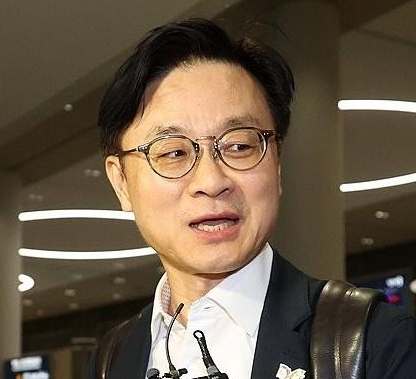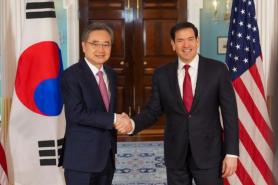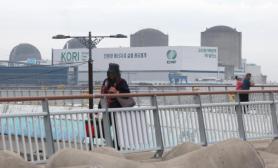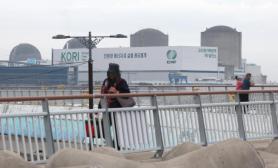
SEOUL, September 17 (AJP) - The battle over South Korea’s nuclear future flared again Tuesday, as Industry Minister Kim Jung-kwan insisted that two new reactors and one small modular reactor must be built, challenging President Lee Jae Myung’s push to emphasize renewable energy.
Kim Jung-kwan, minister of trade, industry and energy, told reporters that two new reactors and one small modular reactor (SMR) must be built as planned, despite skepticism from President Lee and other senior officials.
“My position is clear,” Kim said. “Even if a public deliberation process is carried out, we must move forward with two new reactors and one SMR.”
The projects, part of the government's basic power supply plan, call for adding 2.8 gigawatts of new nuclear capacity and deploying a Korean-designed SMR by 2037–2038. Kim stressed that nuclear power remains essential for keeping electricity prices stable and ensuring reliable supply.
His remarks highlight a policy split within the Lee administration. President Lee and Environment Minister Kim Sung-hwan have recently voiced doubts about the feasibility of building new reactors, instead emphasizing renewable energy expansion.
At a news conference marking his 100th day in office last week, Lee questioned whether nuclear power could be a realistic solution, noting, “Even if we start building now, it may take more than 10 years to finish — is that really a solution?”
The disagreement reflects South Korea’s decades-long debate over nuclear power.
The country, which generates roughly one-quarter of its electricity from nuclear energy, has alternated between expansion and phaseout policies depending on the political leadership.
Former President Moon Jae-in pledged to reduce reliance on nuclear after the 2011 Fukushima disaster in Japan, citing safety concerns. But his successor, Yoon Suk Yeol, reversed course, reviving stalled projects and promoting exports of Korean reactor technology.
Now, with President Lee pledging aggressive climate action and renewable energy growth, the fate of new nuclear projects has again become uncertain.
Supporters argue that nuclear power is indispensable for meeting surging electricity demand while cutting carbon emissions. Critics counter that high costs, lengthy construction timelines and safety risks make nuclear an unreliable option compared to renewables.
Kim, the industry minister, suggested that time will ultimately favor the nuclear side of the debate.
“The power supply plan is not about immediate issues but about preparing for demand after 2035,” he said. “Right now, additional reactors and an SMR may not be urgent, but given future electricity demand and the need for a balanced energy mix, I believe construction will eventually go forward.”
Copyright ⓒ Aju Press All rights reserved.




